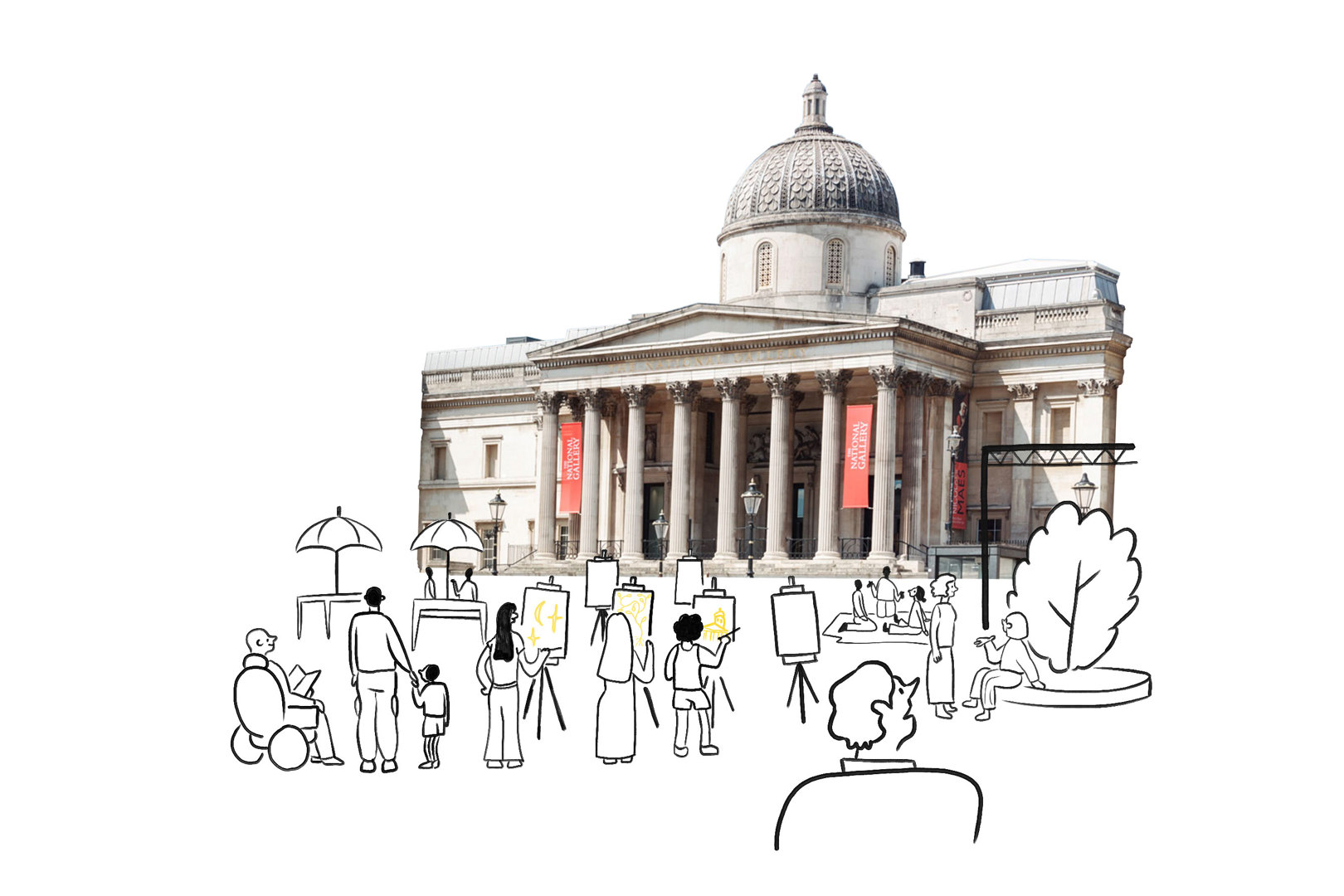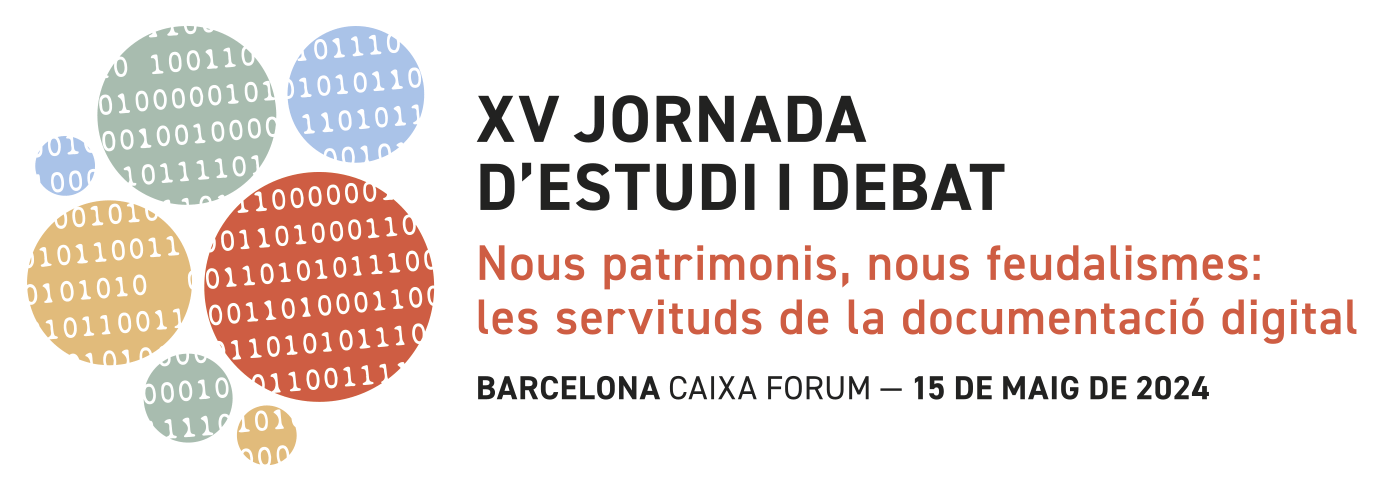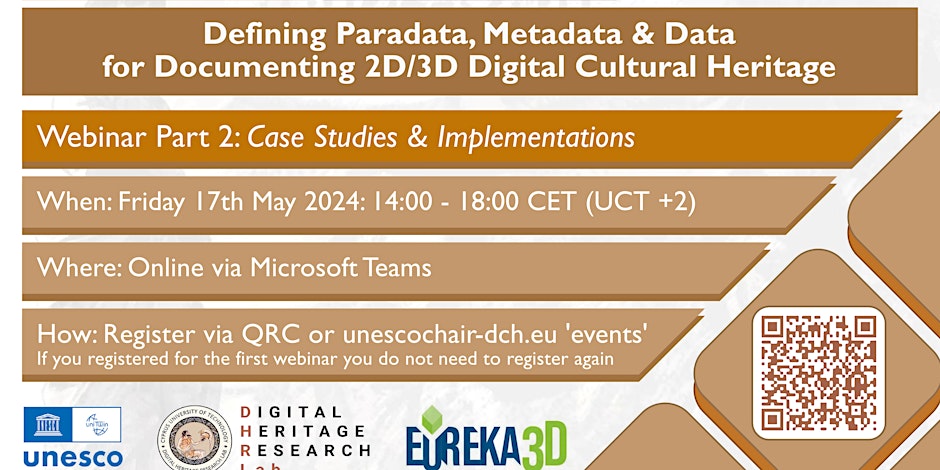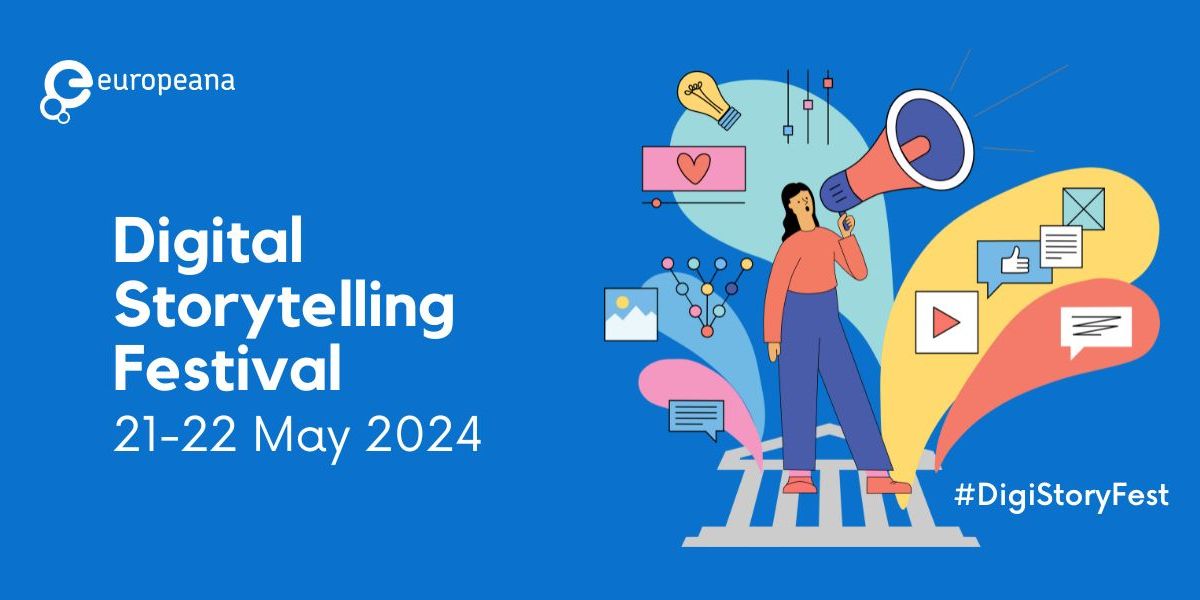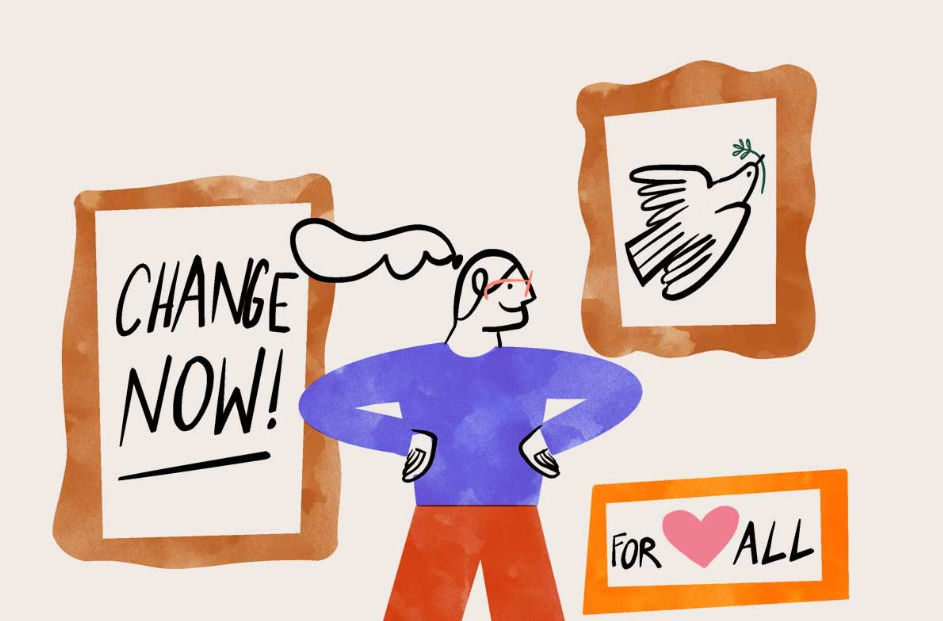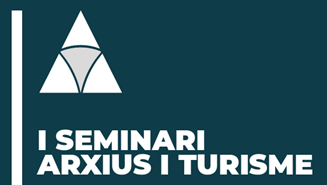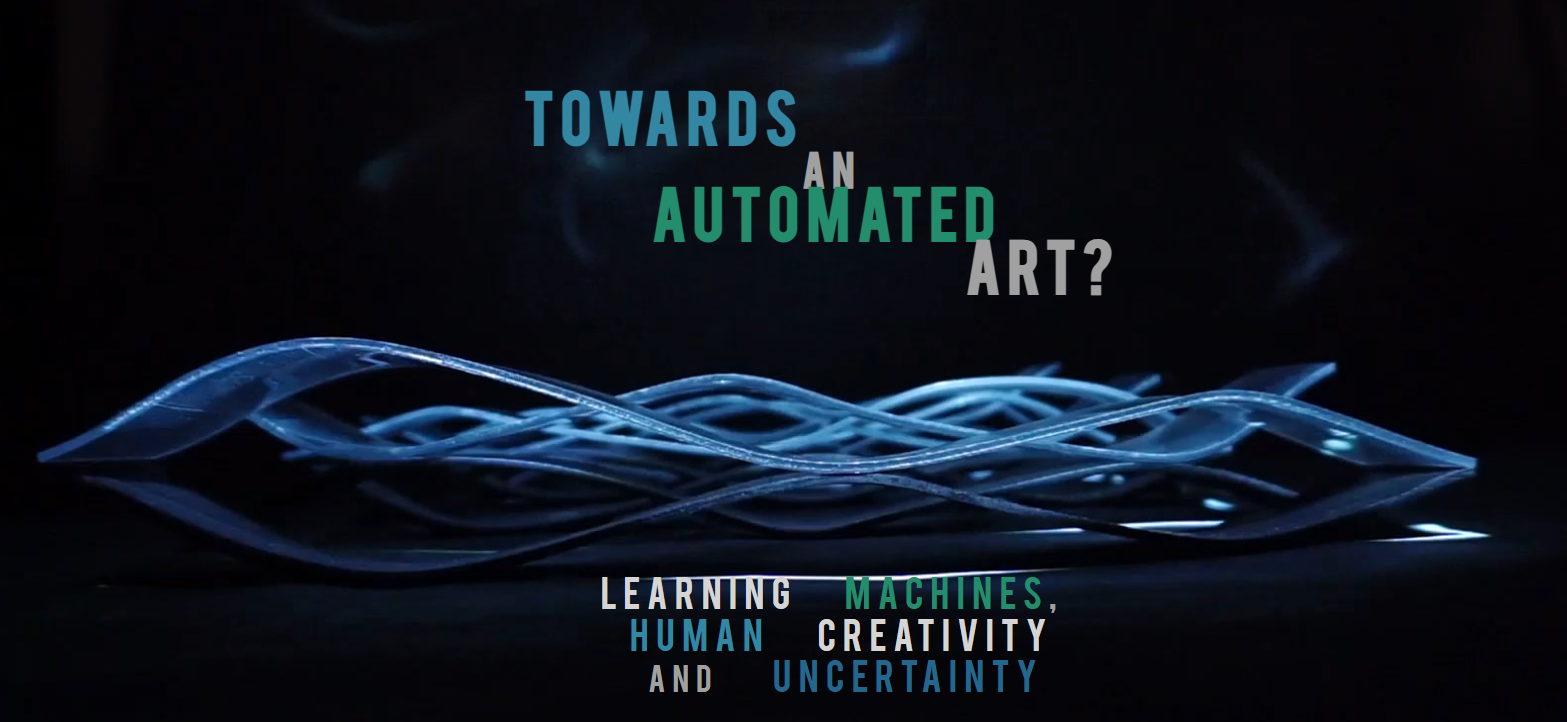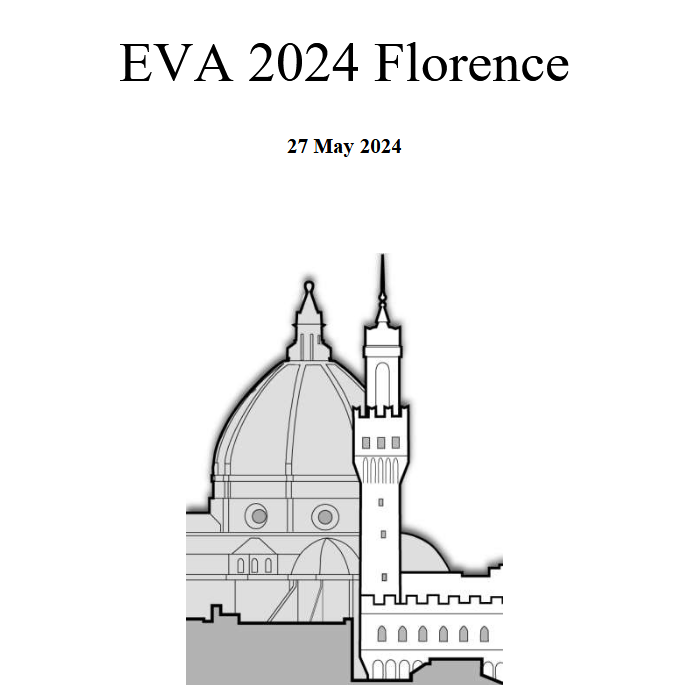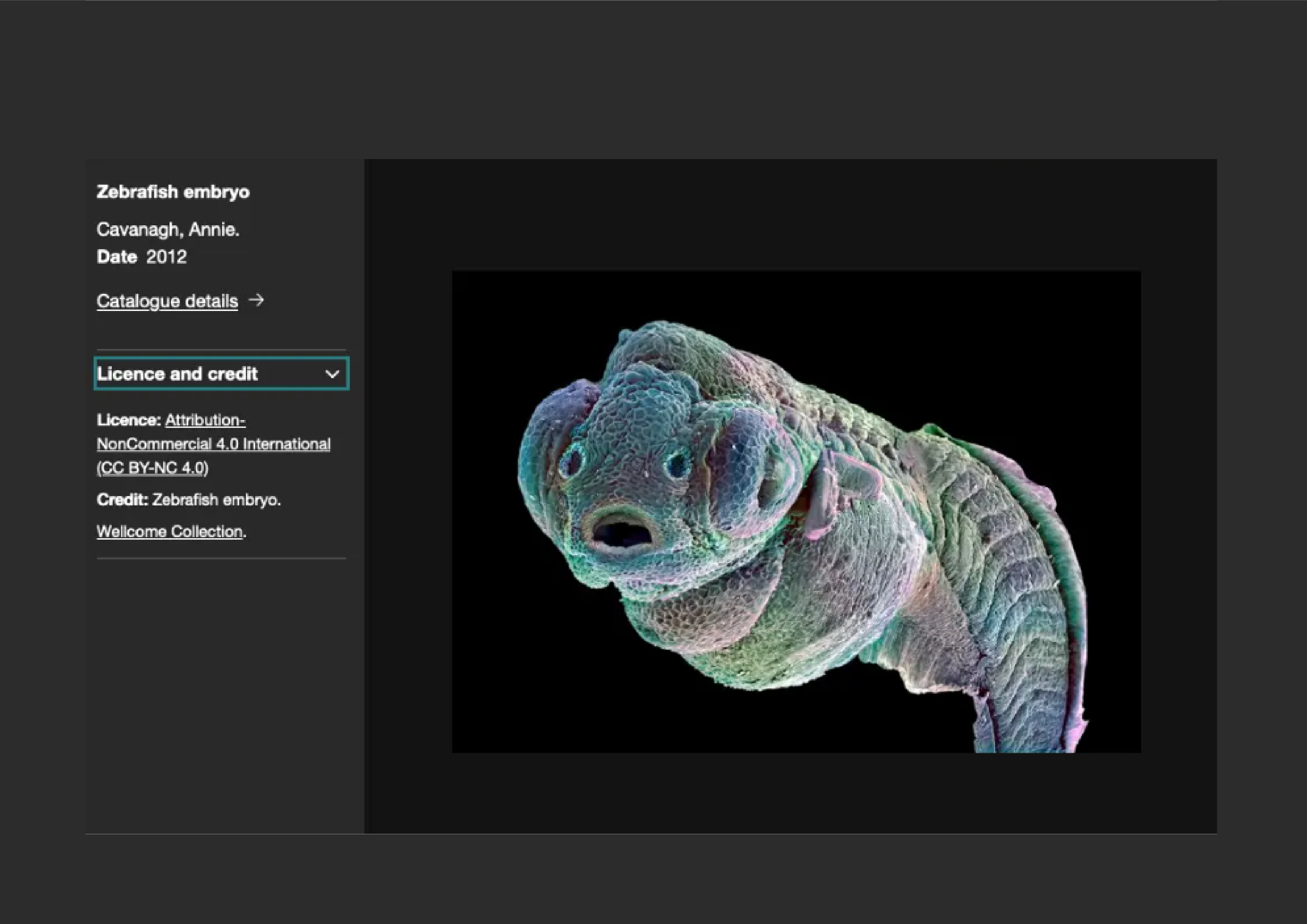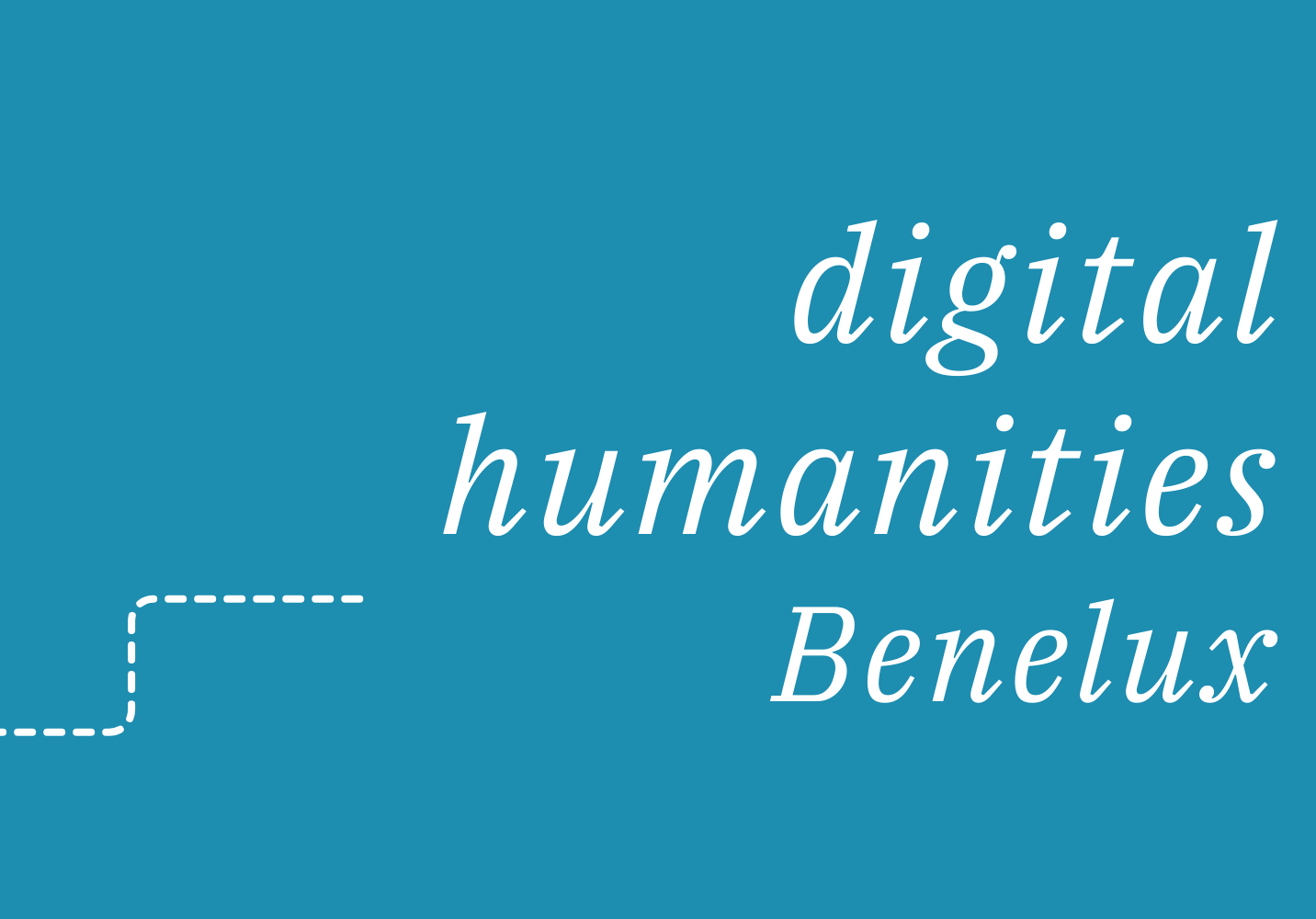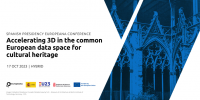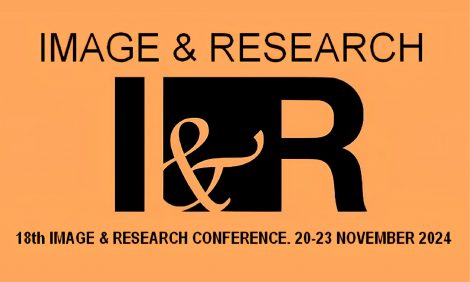Istanbul, January 21-23, 2025. Deadline for abstract submission is October 30, 2024.
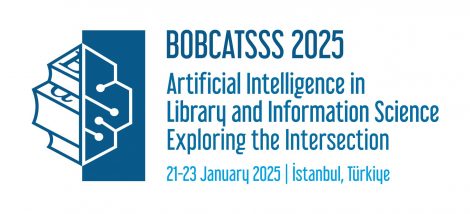
BOBCATSSS 2025
The BOBCATSSS conference is an international annual academic event focusing on library and information science. It is primarily organized by and from students from various universities across Europe.
BOBCATSSS 2025 will take place on 21-23 January 2025, in Istanbul, under the theme “Artificial Intelligence in Library and Information Science: Exploring the Intersection.”
The rapid advancements in Artificial Intelligence are reshaping the landscape of Library and Information Science (LIS), offering unprecedented opportunities and posing new challenges. The conference aims to provide a platform for students, researchers, and professionals within the library and information science field to present their research, exchange ideas, and discuss emerging trends and challenges in the industry. They are invited to submit their original work, case studies, theoretical explorations, and practical applications. This call for communication seeks to explore the multifaceted relationship between AI and LIS, aiming to gather a wide range of scholarly contributions, practical insights, and visionary outlooks at the intersection of these two dynamic fields.
Submissions are encouraged to address, but are not limited to, the following subthemes:
AI Applications in Libraries and Information Centers:
- Implementation of chatbots and virtual assistants
- AI in cataloging, classification, and metadata generation
Ethical Considerations and Policy Implications:
- Privacy and data protection in AI-enabled services
- Developing ethical guidelines for AI use in LIS
Emerging Technologies and Future Trends:
- Impact of AI on digital scholarship and open science
- AI in knowledge discovery and data mining
AI and Information Literacy:
- Educating LIS professionals and users in AI competencies
- Critical assessment of AI-generated content
- Strategies for fostering digital literacy in an AI-driven world
AI and Information Management:
- Integrating AI technologies into information management systems
- Ethical considerations in using AI for information management
- Leveraging AI for information retrieval and knowledge discovery
- Ensuring data privacy and security in AI-driven information management applications
AI-Driven Transformation of Library Services and Operations:
- Enhancements in user experience and engagement
- AI in collection development and access
AI and Knowledge Management:
- Leveraging AI for knowledge discovery, sharing, and innovation
- AI-driven approaches for knowledge representation and retrieval
Open Category: submissions that may not fit neatly into the above categories but contribute meaningfully to the broader LIS study are also welcome. This could include comparative studies, historical perspectives on AI and LIS, interdisciplinary research, or speculative design for future libraries.
- Competitive Intelligence
- Misinformation and Democratic Life
- Digital Transformation
- Inclusion and Diversity
- Information and Fight Against Climate Change
etc.
Submission Guidelines:
Abstracts should be no more than 500 words, clearly indicating the research question, methodology, results, and significance relative to one or more of the subthemes.
Upon abstract acceptance, full papers should be submitted following the provided formatting guidelines.
Proposals for panels, workshops, and poster sessions are also welcome.
The deadline for abstract submission is October 30, 2024.
Discover more information and submit your abstract here
Organizers:
Istanbul University – Department of Information and Records Management
Ankara University – Department of Information and Records Management
Gustave Eiffel University – Department of Library and Information Science
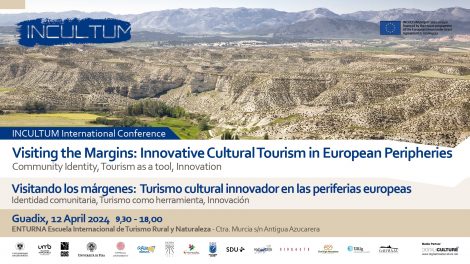 Everything is ready for the final conference of the INCULTUM project.
Everything is ready for the final conference of the INCULTUM project.

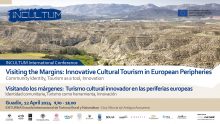

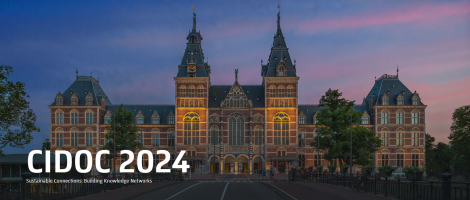


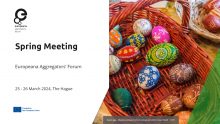
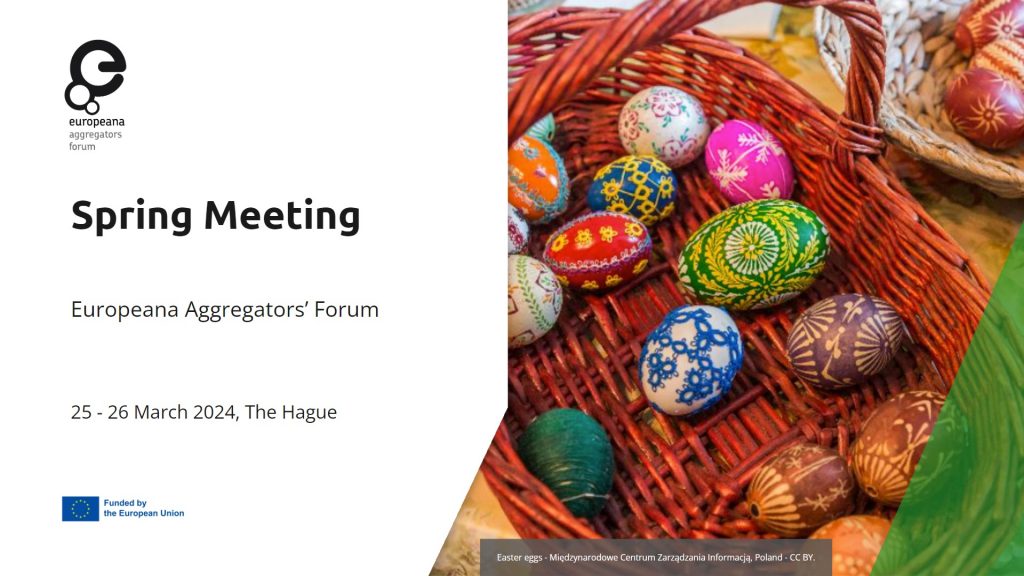
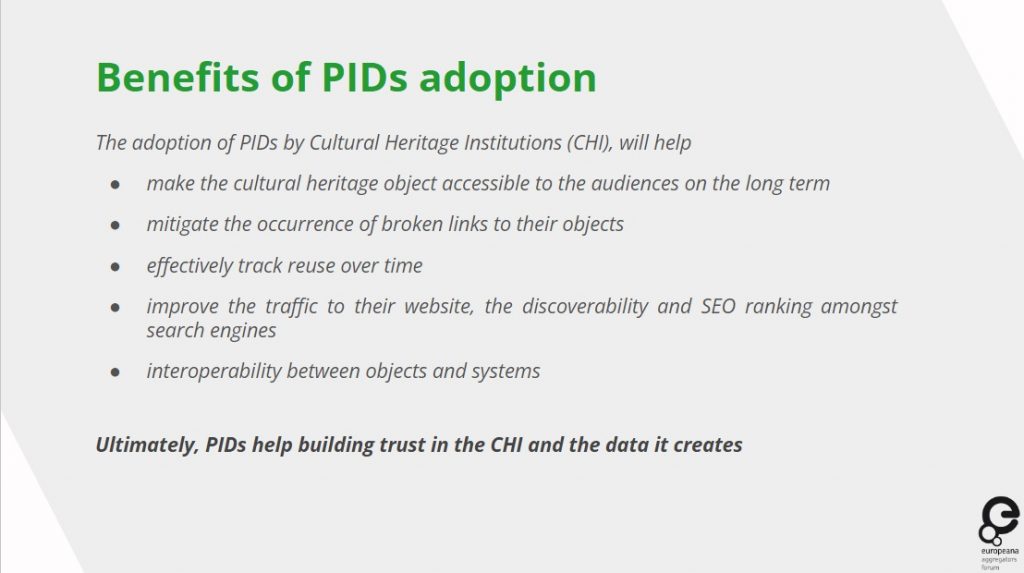
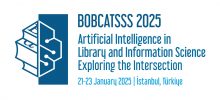

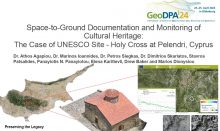
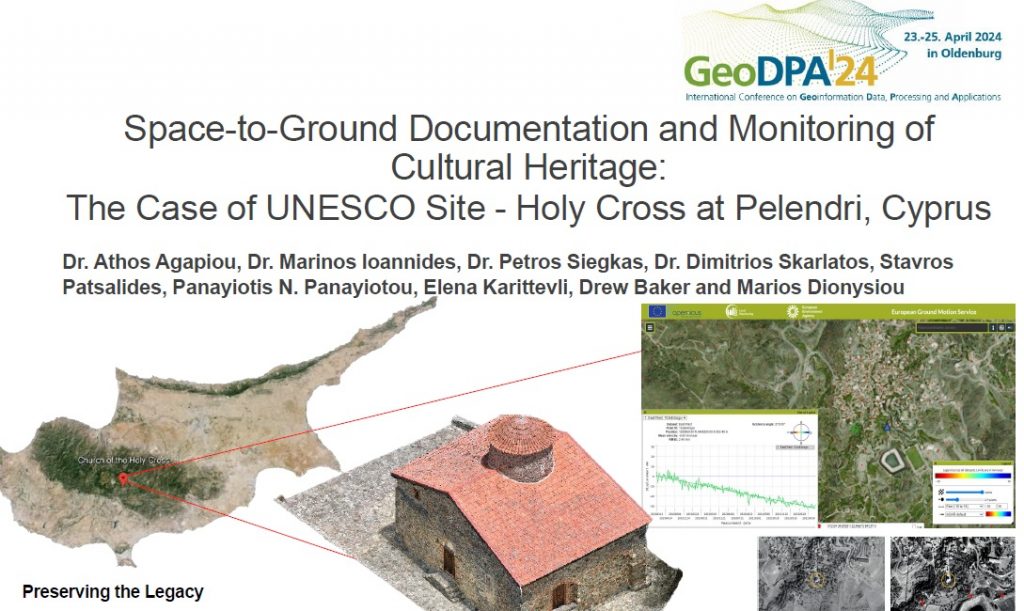
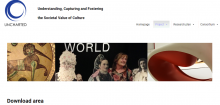
 The EU funding of
The EU funding of 
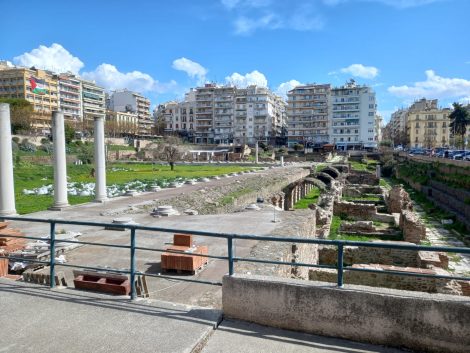 In Thessaloniki, Greece, the Transnational Project Meeting titled “
In Thessaloniki, Greece, the Transnational Project Meeting titled “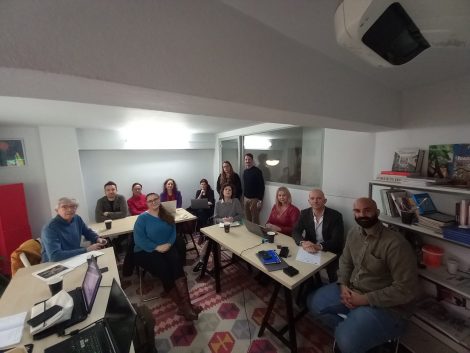
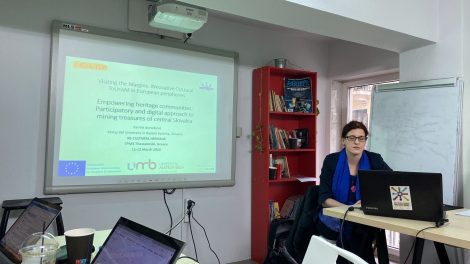
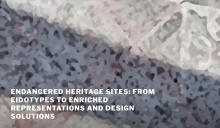
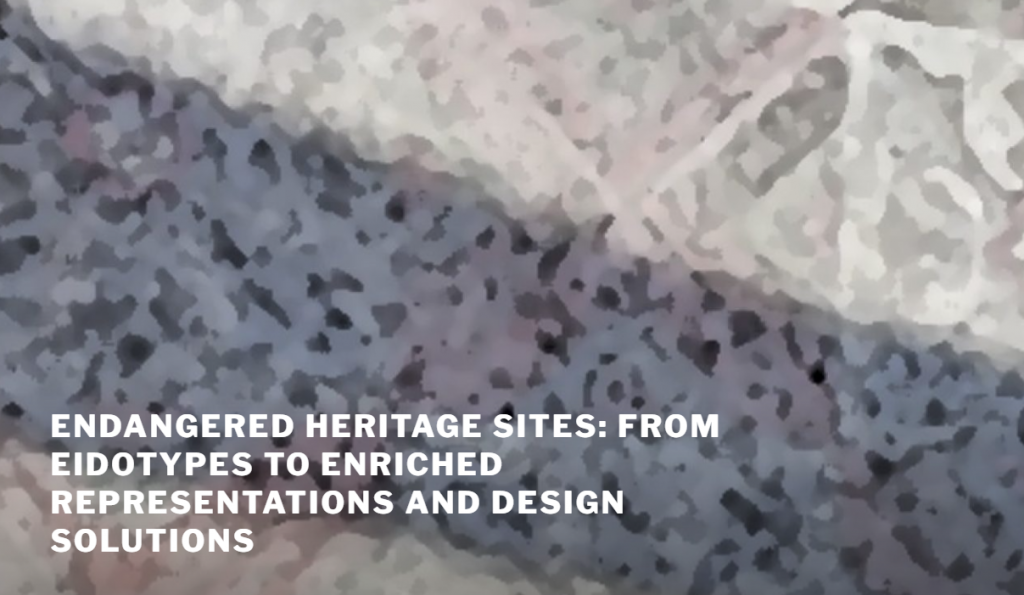
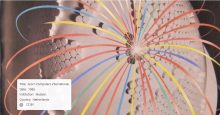
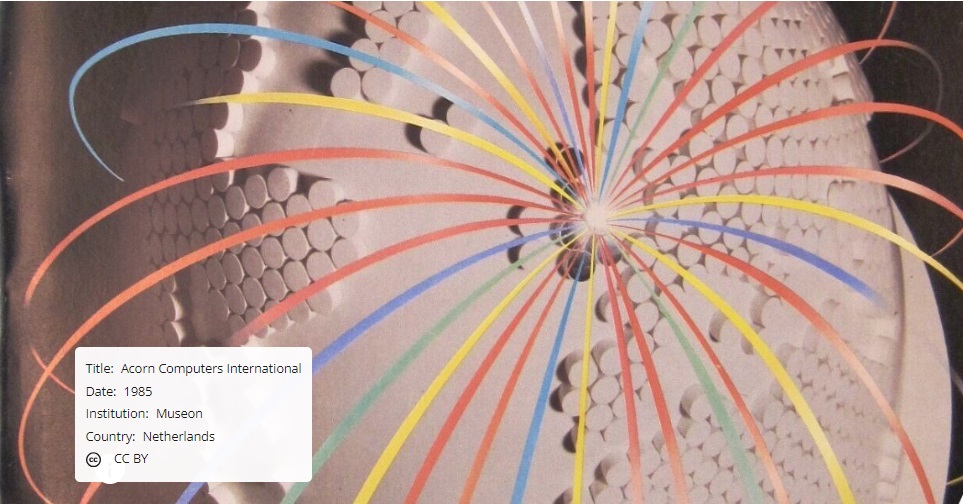
 If you have interesting news and events to point out in the field of digital cultural heritage, we are waiting for your contribution.
If you have interesting news and events to point out in the field of digital cultural heritage, we are waiting for your contribution.

